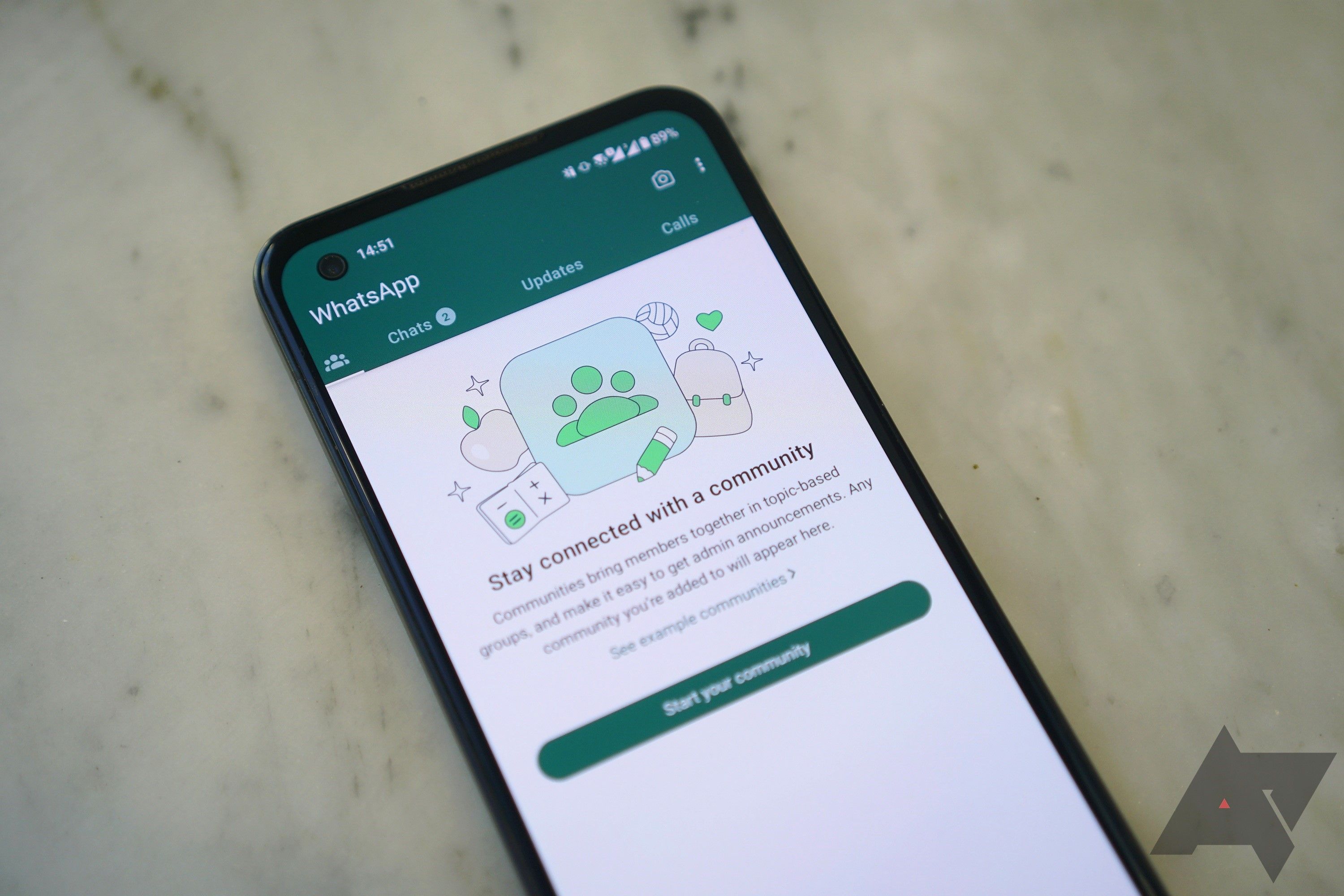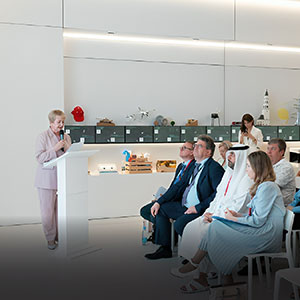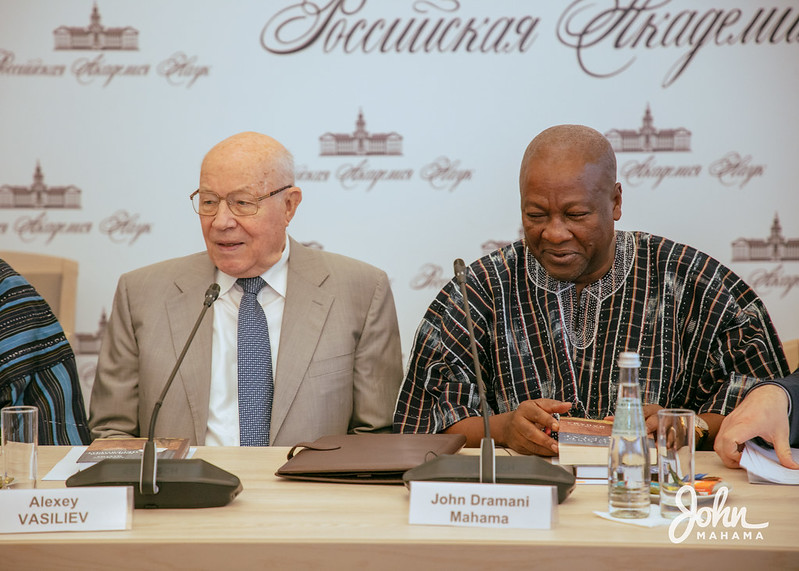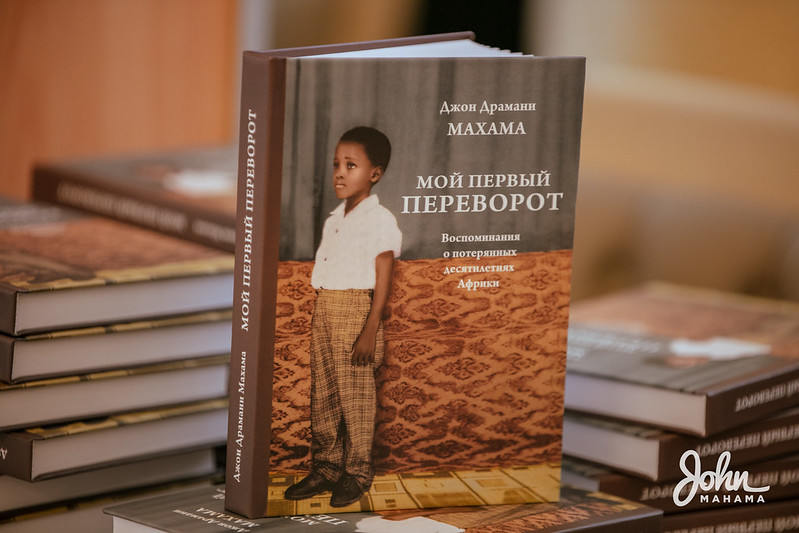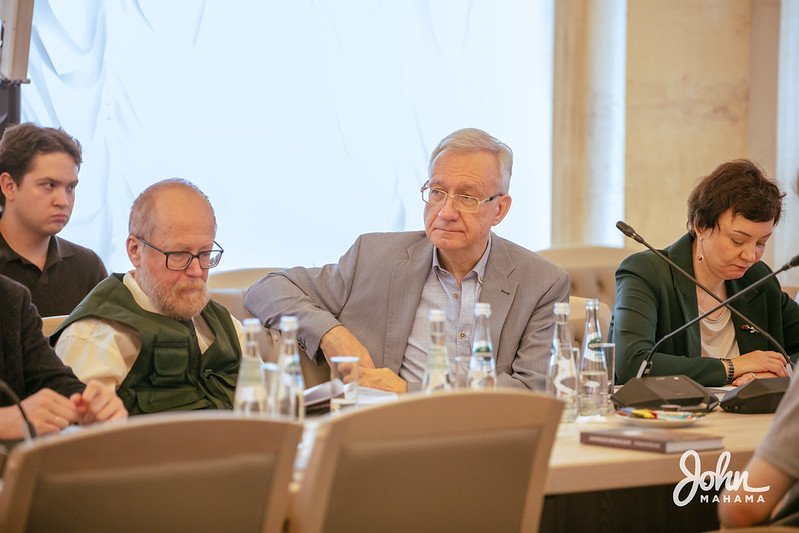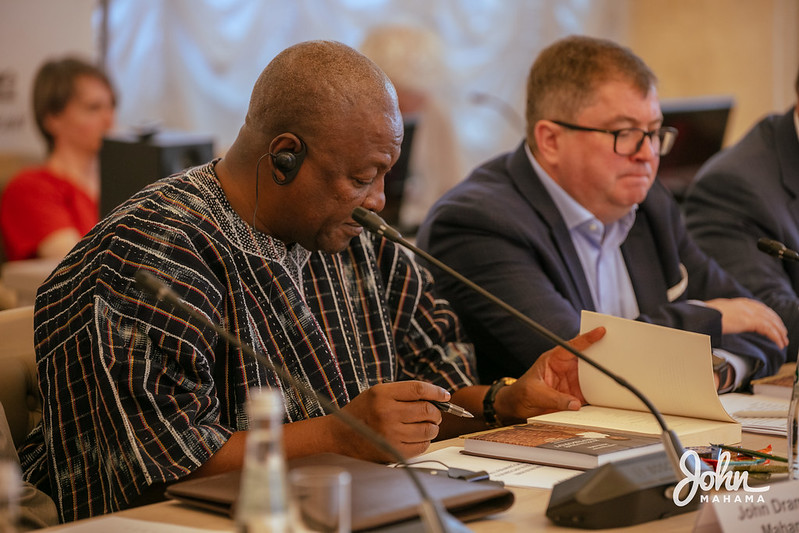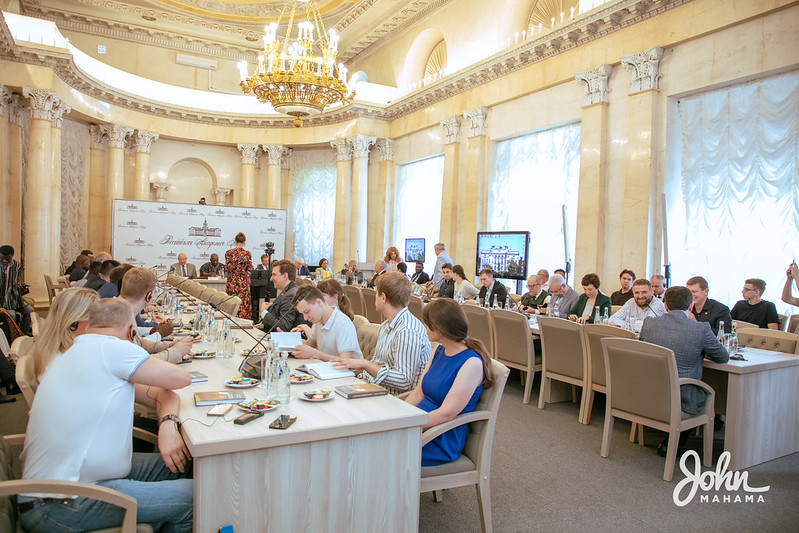The New York Times chief White House correspondent admitted to using "translation headsets" to help decipher President Biden during public speaking events.
After a series of high-profile verbal mishaps, concerns have been raised about Biden's cognitive ability and mental fitness for the presidency. Opinion columnist Maureen Dowd penned a piece, "Joe Biden, in the Goodest Bunker Ever," that continued to put a spotlight on the president’s articulation issues. She offered a tidbit about the trick her colleague, chief White House correspondent Peter Baker, uses to help understand Biden.
"The Times’s chief White House correspondent, Peter Baker, told me he has started using translation headsets on overseas trips, even when he is 20 feet away from the president, because they offer a magnified volume when Biden starts to mumble," Dowd wrote.
CNN HOST PLAYS MONTAGE OF BIDEN BEING 'NOT COHERENT,' SAYS PRESIDENT HAS NOT ASSUAGED AGE CONCERNS

Translation headsets can interpret what someone speaking another language is saying in real time, but the English-speaking Baker uses them to better understand Biden in their shared native language.
Baker confirmed that it was true but declined further comment.
READ ON THE FOX NEWS APP
"What she wrote is all I have on that," Baker told Fox News Digital when asked to elaborate.
MEDIA FIGURES SHOCKED AT BIDEN'S 'BAD' DEBATE PERFORMANCE: 'TOTAL AND COMPLETE DISASTER'
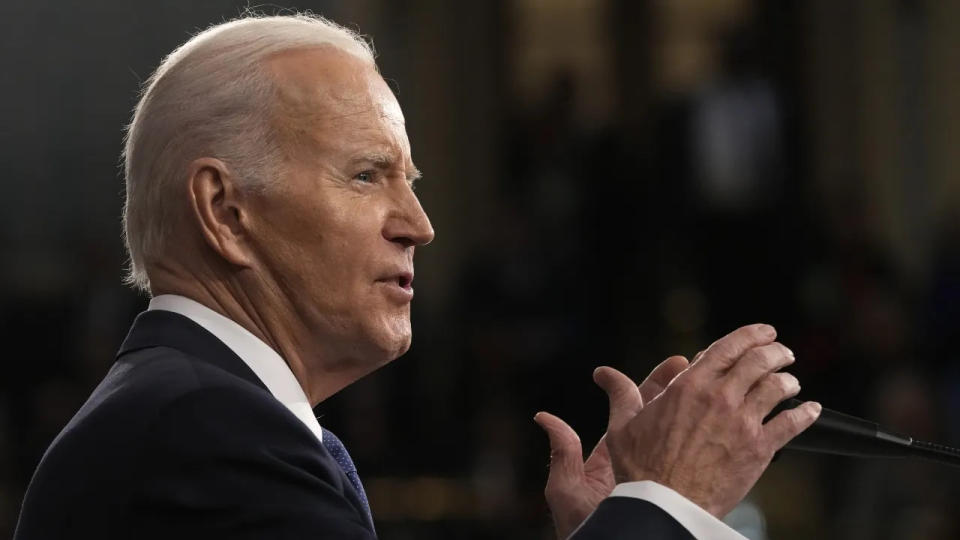
Biden has caused panic within the Democratic Party after repeatedly losing his train of thought and delivering incoherent messages during last month’s presidential debate. In the days since, Biden has made similar gaffes during interviews and public speaking engagements, notably telling ABC News he didn’t know if he had watched a replay of the debate.
In a separate New York Times piece, the paper’s editorial board reiterated calls for Biden to withdraw from the 2024 White House race and protect his legacy on Monday in a blistering editorial.
The left-leaning editorial board wrote that despite Biden's insistence that he is able to serve as both president and campaigner-in-chief, the stakes of this election are too high for Democrats to risk him staying in.
"[Biden] does not seem to understand that he is now the problem — and that the best hope for Democrats to retain the White House is for him to step aside," the editorial board wrote.
Biden has repeatedly insisted his disastrous debate was simply a "bad night" and has categorically rejected calls for him to step down.
Fox News Digital’s Jeffrey Clark contributed to this report.
Original article source: NY Times top White House scribe uses ‘translation headsets’ to understand Biden when he ‘starts to mumble’
